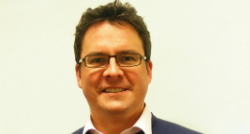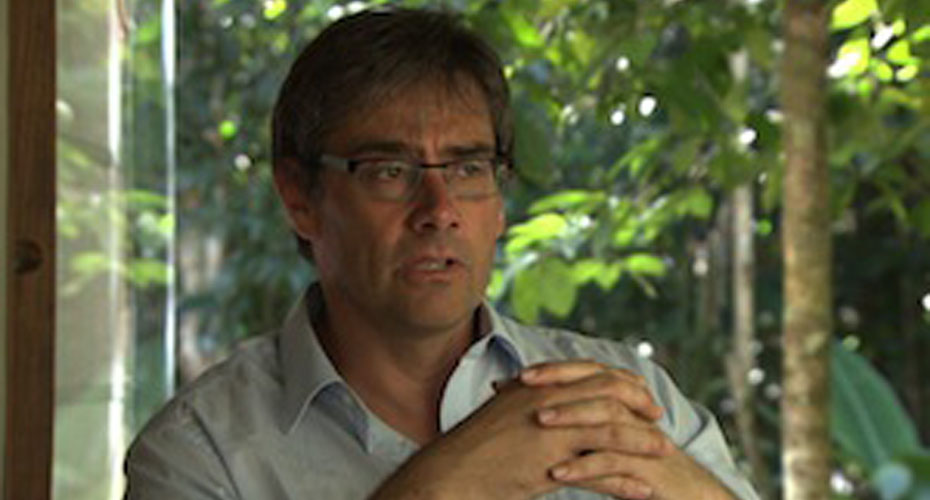Climate and Environment Emergency
Climate and Environment Emergency
Climate and Environment Emergency
Challenge Overview
This exciting and thought-provoking challenge explored technological, ecological, political and societal challenges associated with the global Climate and Environment Emergency. Students considered a range of urgent topics, such as actions to combat climate or environmental change; the interplay between climate change and human health and plan appropriate adaptation; found ways to help people understand the crisis and change their behaviours. Working with people from different disciplinary backgrounds, students carried out creative and scientific projects to address key themes of climate and environmental change.
During the week, well-renowned speakers presented on key issues, including:
- Oliver Morton (the Economist)
- Leo Hickman (Carbon Brief)
Our response to the climate emergency
The University of Exeter has published a detailed plan to get to carbon neutrality in response to the climate emergency. This includes targets to reduce our direct emissions from electricity and gas usage to zero by 2040, and indirect greenhouse gas emissions from procurement, travel, food etc. to zero by 2050. How can we achieve that? Could we get to carbon neutrality even sooner?
Lessons from COVID19
During this COVID-19 pandemic, people have adapted their lives to lockdown conditions. A reduction in transport use, electricity demand and industrial activity mean we are on course for the largest annual fall in carbon emissions. The need for better planning for health service provision dominates the news bulletins. While we find our ‘new normal’, what lessons can be learned, and how can we keep all types of greenhouse emissions lower long term?
Future Climate, Future Environment
How do we influence climate change? How do we engage people with forecasts of environmental change? And what does the future look like? We encourage students to share their ideas for the future of education, economics, politics, entertainment or biodiversity. Students had the opportunity to imagine and design how the world could look in the future, and explore, as creatively as possible, what these changes could mean to our everyday life and our environment in future decades.
The Impact of Conflict on the Environment
The causes and consequences of conflict, such as Ukraine and Afghanistan, can be explored across our enquiry group topics.
Enquiry Groups
Enquiry groups are the subtopic of the challenge that students will focus on for Grand Challenges Week. These are the enquiry groups that ran on the Climate and Environment Emergency Challenge in June 2022:
This enquiry group area will investigate ‘solutions’ to the climate emergency. These solutions are frequently categorised into mitigation, adaptation, and geoengineering. Should we ameliorate the impacts of climate change by aggressive mitigation strategies that rapidly decarbonize the global economy? What sort of policies, regulations and technologies should be prioritised? On the other hand, given the expected levels of climate change, what should our adaptation strategies be? Where should our efforts be focussed and what about compensation for the worst effected regions? Given the difficulties in obtaining agreements on mitigation evidenced in the COP26, should we look at alternate strategies such as brightening the planet? If so, which technologies could be used? These are the sort of questions that the ‘Climate Solutions’ enquiry area of the Climate and Environment Emergency Grand Challenge will seek to answer.
The University of Exeter has published a detailed proposal and plan to get to carbon neutrality in response to the environment and climate emergency. This includes targets to reduce our direct emissions from electricity and gas usage to zero by 2040, and indirect greenhouse gas emissions from procurement, travel, food etc. to zero by 2050. How could we achieve that? Could we get to carbon neutrality even sooner? And how should the University be responding to the environmental crisis that is resulting in polluted and biologically impoverished land and seascapes?
Anthropogenic climate change is the storyline of our time and yet there are many myths around climate change that remain unchallenged. Where did these myths originate and where might they be going? Can you identify the truth and communicate it clearly and engagingly? The idea of climate change relies on the power of stories. When we are afraid for the future it is because of plots with apocalyptic climaxes. When we imagine, and tell, hopeful stories we remake the future. The aim of this challenge is to share the real science facts with the world and get them to as many people as possible: What is happening and what can we really do about it? You will get a chance to chat to scientists who work on climate modelling and climate change solutions and come up with ideas to get the messages out to the widest audience possible and put your idea into action! This enquiry group will explore the storying of anthropogenic climate change, including the historical, scientific, journalistic, and fictional stories we tell about it, and it will offer a chance to explore how storytelling – in any form - can offer a powerful way for us to take back control of our future.


.jpg)




_resized.jpg)
